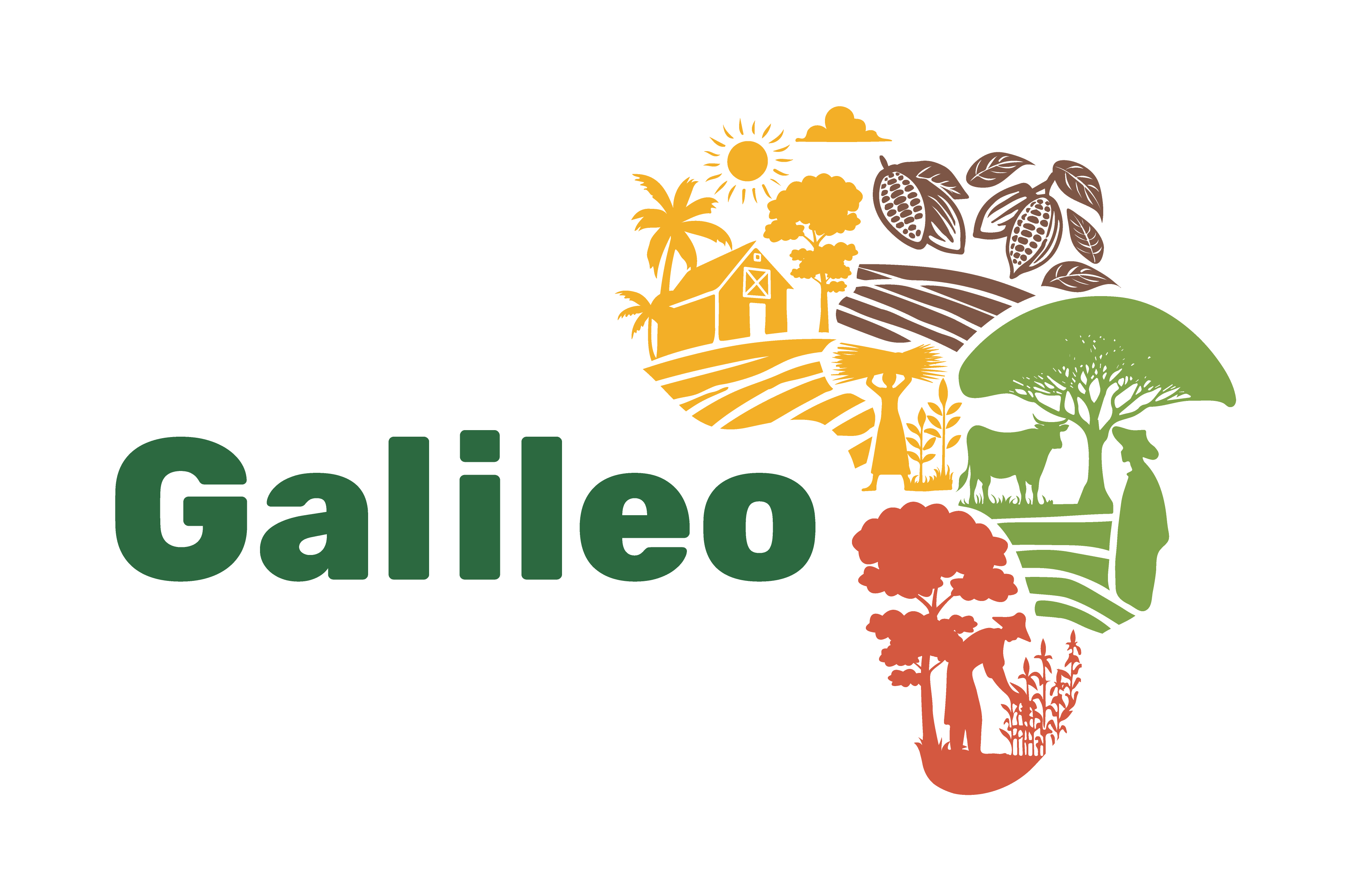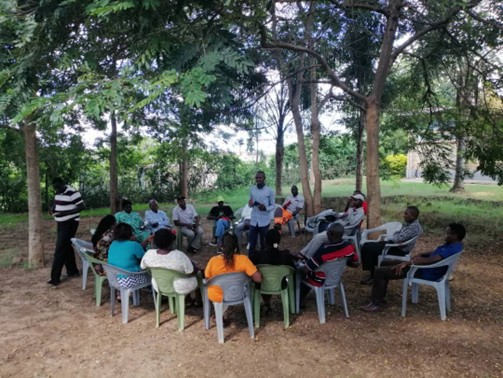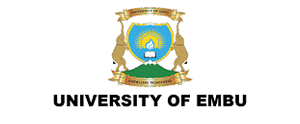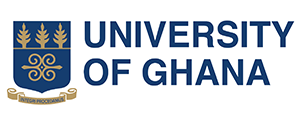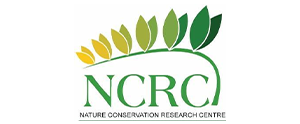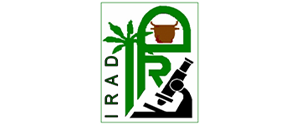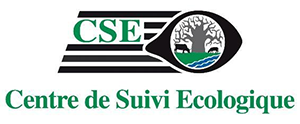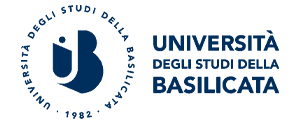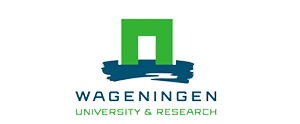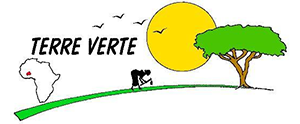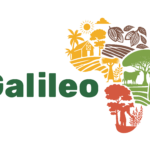08/05/2025
PhD call in the GALILEO EU-AU project at the University of Embu (UoEm) for Social Scientists
A new project, GALILEO started in January 2025 and includes Kenya. It is a HORIZON Research and Innovation Action funded by the European Union, aiming to strengthen rural livelihoods and resilience to climate change in Africa with innovative agroforestry, integrating people, trees, crops and livestock.
GALILEO relies on genuine Multi-Actor to co-develop context-specific, people-centered agroforestry innovations in representative agro-pastoral, agroforestry, and agro-silvo-pastoral systems from Sub-Saharan Africa (SSA). The aim is to promote agroforestry as leverage to significantly improve agricultural, household, and climate change adaptation and mitigation performances and to enhance biodiversity in SSA. Our approach will be tested in 8 agroforestry Living Labs (LLs: local scale and actors), 4 national and 1 regional Innovation Platforms (IPs), set up across 4 AU SSA countries (Senegal, Ghana, Cameroon and Kenya). GALILEO’s LLs are set in semi-arid zones of Senegal and Kenya and normally humid but drought-prone zones of Ghana and Cameroon thus comparing and covering a large range of SSA conditions.
We look now for a PhD candidate working within the Work Package 1 (WP1), called ‘Farm2Policies’.
1. WP1: “Farm2Policies”: Socio-institutional innovations to stimulate agroforestry
They are intended to assess the current needs and contexts; develop participatory methods, foster collaborations, and also identify institutional barriers for the improved management of Agroforestry System Practices (AFSP). WP1 has the following established objectives:
Objective 1.1: Assess current needs and social and institutional context within the target area(s).
Objective 1.2: Develop and implement a participatory methodology to assess and improve AFSP management scenarios.
Objective 1.3: Establish and maintain partnerships at the local, national, and regional scale to support AFSP management.
Objective 1.4: Map out institutional challenges and provide tools for innovation in managing Agroforestry System Practices.
The tasks of the objectives include:
-
Developing methods and gathering insights to guide changes in AFSP management.
-
Forming and enabling partnerships to foster collaborative innovations regarding AFSPs.
-
Working together with a variety of stakeholders towards pragmatic solutions.
-
Analyzing institutional bottlenecks and developing policies and strategies for improvement.
This integrated approach is designed to synergize research, collaborative body interventions, and innovative interventions toward the goal of promoting sustainable AFSP management across different levels.
2. Aim of the PhD
2.1 General Clarification
PhD Call: Advancing Socio-Institutional Innovations to Foster Sustainable Agroforestry Practices and Policy Integration
Background
A key aim is to ‘strengthen agroforestry innovation ecosystem in the Embu Living Lab (LL) and beyond, leveraging knowledge exchange, policy dialogues and coordination with key networks for dissemination, exploitation and replication. This implies participatory research and a co- construction procedure, in order to contribute to a better use of agroforestry within the site area, the selected Embu LL.
Agroforestry is an environmentally sustainable mix of trees and shrubs in agricultural landscapes that is being touted as the answer to deforestation, soil degradation, and climate change. The merger of agriculture and forestry in agroforestry adds biodiversity, benefits soil health, encourages climate mitigation, and supports rural livelihoods. Nonetheless, the very advantages that agroforestry offers have been influenced by socio-institutional barriers limiting empirical research like poor policies], weak institutional frameworks, and little engagement of stakeholders. Socio-institutional innovations mean some new methods at the social structure, systems, and organizational processes, all aimed basically at inducing collaboration, coordination, and sharing between stakeholders. Innovations with respect to these variables being discussed under agroforestry could play a crucial role in overcoming their traditional challenges, thereby creating an environment that fosters sustainable practices.
Promoting innovations would involve designing mechanisms that address the following key issues:
-
Ensure that the needs and perceptions of the involved farmers are taken serious and included in the overall research infrastructure of GALILEO (with components like on-farm research with innovators, ecosystem services, biodiversity, agro-economy, scenarios at landscape level, and dissemination).
-
Ensuring farmer’s access to information, technology and incentives for agroforestry adoption.
-
Enhancing partnerships between farmers, policymakers, NGOs, and private sector players to align efforts and resources
-
Creating platforms for stakeholder dialogue to ensure inclusive and participatory decision-making.
-
Integrating agroforestry objectives into national and regional policy frameworks, with clearly defined goals and accountability measures.
The ‘Farm2policies’ work package is essential in scaling up agroforestry initiatives, since farmer organization, commitments, included value chains and improved policies will be coordinated here. The PhD candidate will be a key resource person for both field activities and conceptual collaboration with the existing project staff. The bridging of the practices with norms and policies puts socio-institutional innovations in a position to not only implement agroforestry systems but also sustain and make them adaptive. These innovative interventions would have scope towards transforming the selected rural Embu landscapes, engendering resilient ecosystems, and improving livelihoods.
2.2 Focus of the PhD
The PhD candidate will deal with addressing the critical challenges in agroforestry in order to elicit transformations: advancing socio-institutional innovations to foster sustainable agroforestry practices and policy integration. The research will conduct the following components:
-
Barriers that hinder the advancement of agroforestry technology
-
Enhance stakeholder collaboration and support in application
-
Development and testing of innovative solutions (such as participatory platforms, partnerships)
-
Fieldwork will entail interviews, surveys and focus group discussions with farmers and other stakeholders from relevant value chains.
It will thus help generate both qualitative and quantitative data on the adoption of agroforestry and its socio-economic and environmental impacts. The research will also evaluate the existing policy frameworks and propose mechanisms to bridge the gap between farm-level practices and institutional policies.
Overview of expected research activities
During the PhD, the selected student will have to:
-
Analyze community relationships, organizational processes, and institutional structures influencing agroforestry adoption.
-
Examine the obstacles hindering the implementation and scaling of agroforestry practices.
-
Conduct interviews, surveys, and focus group discussions with farmers, policymakers, and stakeholders to collect qualitative and quantitative data while collaborating and sharing data with other work packages
-
Assess the social and environmental benefits of agroforestry adoption and identify best practices suited to local contexts.
-
Review existing policies and propose mechanisms to bridge the gap between farm-level practices and institutional policies.
-
Develop frameworks that leverage socio-institutional innovations to advance agroforestry practices and integrate them effectively into policies.
The objective of the Thesis
The PhD student will have the following objectives;
-
Analyze policy, regulations and institutional frameworks impacting on agroforestry systems in agro pastoral systems
-
Track and evaluate key agroforestry related innovations for climate change adaptation and mitigation for agro pastoralists
-
Assess farmer’s perceptions with respect to agroforestry policies on climate change adaptation and mitigation
-
Assess the process and results of implementing an agroforestry living lab and it’s potential to leverage positive outcomes for agroforestry and climate change.
3. Supervision
The selected candidate will be under the supervision of Dr. Madrine King’endo and Dr. Samuel Ndirangu both at the University of Embu, and Dr. Precillia Tata Ngome (IRAD, Cameroon) who are all researchers within GALILEO project (2025- 2028).
4. PhD requirements
-
Master’s degree in Social Sciences, Policy Studies, or related field.
-
Strong background in Social Sciences and field experimentation.
-
Knowledge on Socio- cultural practices, project management with link to climate change adaptation & mitigation.
-
Data analysis skills (with SPSS, R or similar software) required.
-
Excellent English (spoken and written).
-
Strong interest on sustainable transitions issues.
-
Interest in meeting people, conducting surveys, running workshops. Interest in interdisciplinary work (from the biological and agronomic sciences to the social sciences) with an interest in living abroad and doing a lot of fieldwork in rural areas.
-
Proven ability to publish scientific research.
-
High motivation and strong organizational skills.
